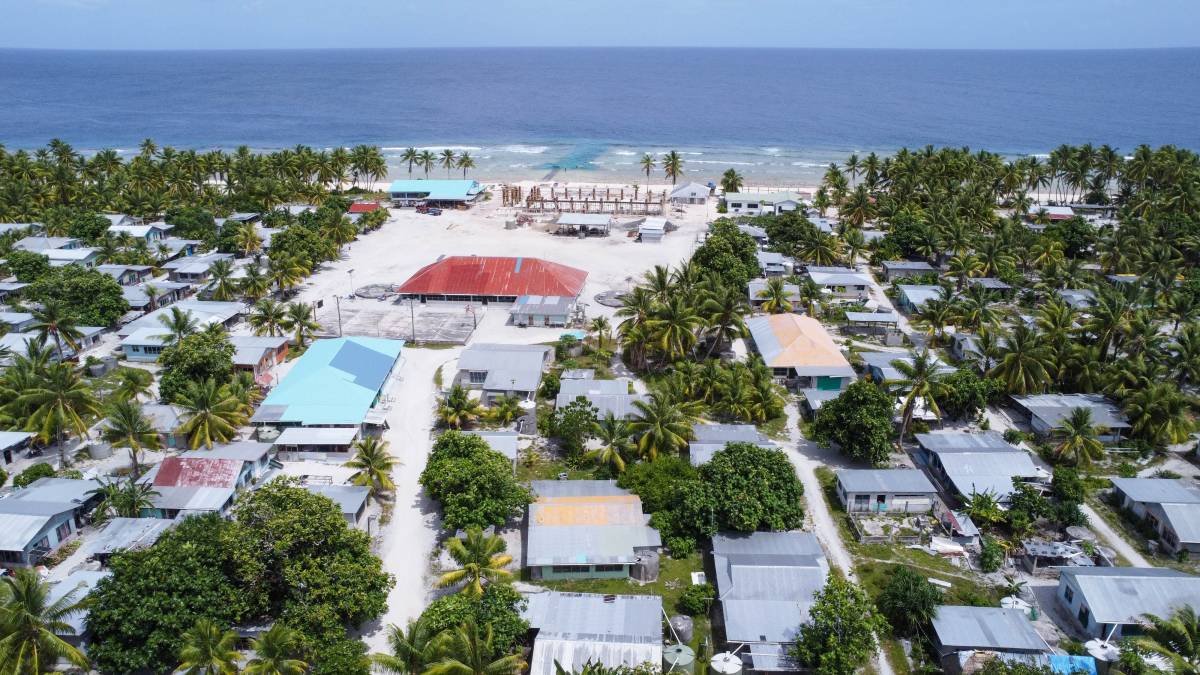News:
New, extensive research commissioned by the New Zealand Ministry of Foreign Affairs and Trade examines the impact of climate change and other environmental factors on populations across the Pacific Region.

A synthesis report is now available (below) that summarises key insights and policy implications across the research.
The aim of the research that began in 2022 is to better understand the impact of climate change on the movements of people both internally and across borders in the Pacific Region.
The three organisations that led the research – University of Auckland, University of Waikato and Mana Pacific Consultants – drew on Pacific-based researchers and methodologies.
Research products include family and community case studies, digital stories, and thematic papers covering issues such as gender, decision-making, land, health and wellbeing. This was informed by field research in the Cook Islands, Niue, Kiribati, Tokelau, Tuvalu, Papua New Guinea, Solomon Islands, Samoa, Tonga and New Zealand.
Climate mobility is an umbrella term for situations where climate change and other environmental factors are drivers for people moving.
The research indicates that climate impacts are already an important factor in decisions to move. Climate change isn’t just impacting where people’s homes are - it also impacts food security, fishing, and the cultural connections between New Zealand and our closest Pacific neighbours. Despite these difficult conditions, many Pacific families show resilience and choose to stay because they have loved ones buried in the area, have a sense of belonging to their place or because there simply isn’t other land available to move to. For some locations the extreme conditions mean that whole communities are planning to relocate.
The research broadens the evidence base for what is becoming a priority issue in the Pacific Region. In 2023, Pacific Island Forum Leaders endorsed the Pacific Regional Framework on Climate Mobility, a global first that aims to provide practical guidance to governments planning for and managing increased climate mobility, while also respecting Members’ national laws and policies.
The research was commissioned in 2022 as part of the 2018 Climate Mobility Action Plan. It was funded with New Zealand’s climate finance through the International Development Cooperation (IDC) Programme.
The research is independent and does not necessarily represent the views of the New Zealand Government.
Alongside the synthesis report linked above, family and community case studies, digital stories and thematic briefs can be found on the researchers’ webpages:

